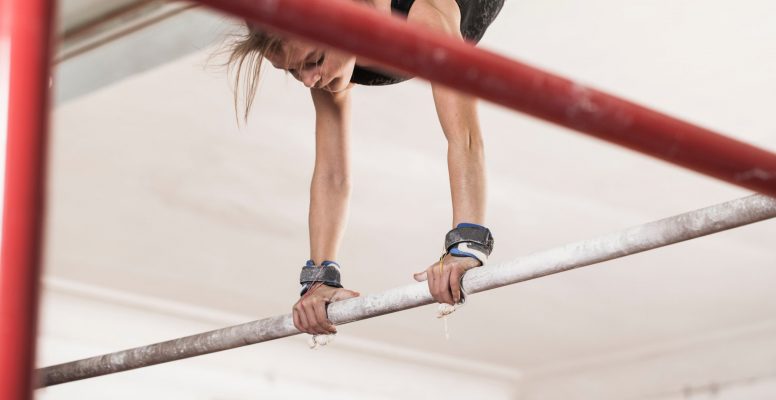
An Athlete’s Toughest Competitor…
Written By: Grant Robinson, Clinical Intern at ACS, On-Campus Counseling Program
what would you say
is an athlete’s toughest competitor? Their opponent? The playing field? The other side’s coaches or parents? What about an athlete’s own body and mind? There are so many different opponents that an athlete has to deal with on a daily basis, it is hard to concentrate and it can affect a player’s performance.
Because of the intense pressure that many student athletes experience, there are many potential mental health diagnoses that can come from dedicating yourself to sports, including Major Depressive Disorder and some Mood Disorders related to anxiety and stress. With these potential diagnoses, there are an unlimited number of factors that can contribute to the diagnosis stated above including environmental and biological factors. An article by Rao and Hong (2015) concludes there is a need for a multi-model and multi-disciplinary approach when it comes to taking care of an athlete’s mental health.
Similarly, an article by Dehghani et al., (2018) suggests that their “mindfulness-acceptance-commitment-based” approach is extremely effective in increasing sport performance while correspondingly lowering anxiety. The commitment and the actual mindfulness practice are part of changing the cognitive thinking and behavior of the client. The acceptance is part of the person centered approach, where the counselor is accepting of all of the behaviors of the client whether positive or negative, the client is not judged based on their behavior. This is just of the many potential treatment styles to use with an athlete and student as research is continuing to find new and useful ways of treating an athlete struggling with their performance.
Here are some self-care tips for young athletes:
- Prioritize Rest: Maintain a healthy sleep schedule and set times throughout the day to take a break from screens or work.
- Focus on Conditioning: Conditioning comes in all forms, it’s up to you to choose what is going to be best for you!
- Develop a Game Day routine: Have a list of supplies, pack healthy snacks, listen to a music playlist, or review a game video.
- Visualization Techniques: See the opponent in your mind and think about certain plays, schemes, or game situations.
- Allowance of Feelings: Do not try to push down any negative emotions you’re feeling, use the emotions as motivation or a way to clear your head once they are addressed.
It’s important for all youth to have the resources and support necessary to be of healthy body and mind. Of all the opponents that an athlete must come up against, their own mind shouldn’t be one of them!
References
American Psychiatric Association. (2013). Diagnostic and statistical manual of mental disorders (DSM-5®). American Psychiatric Pub.
Dehghani, M., Delbar Saf, A., Vosoughi, A., Tebbenouri, G., & Ghazanfari Zarnagh, H. (2018). Effectiveness of mindfulness-acceptance-commitment-based approach on athletic performance and sports competition anxiety: A randomized clinical trial. Electronic Physician, 10(5), 6749-6755. https://doi.org/10.19082/6749
Rao, A. L., & Hong, E. S. (2015). Understanding depression and suicide in college athletes: Emerging concepts and future directions. British Journal of Sports Medicine, 50(3), 136-137. https://doi.org/10.1136/bjsports-2015-095658
